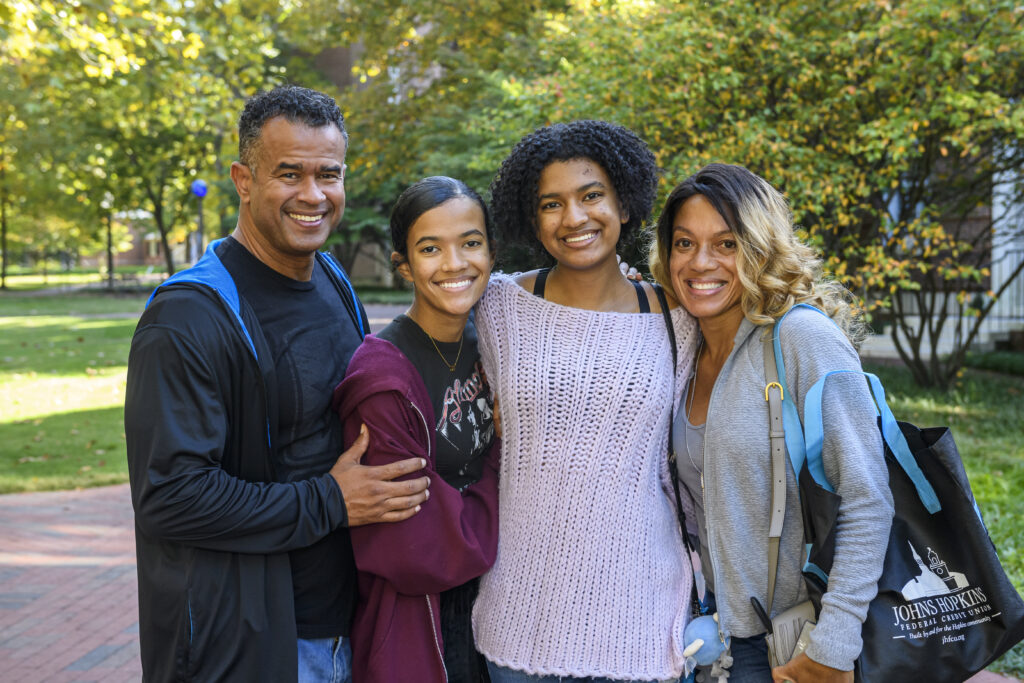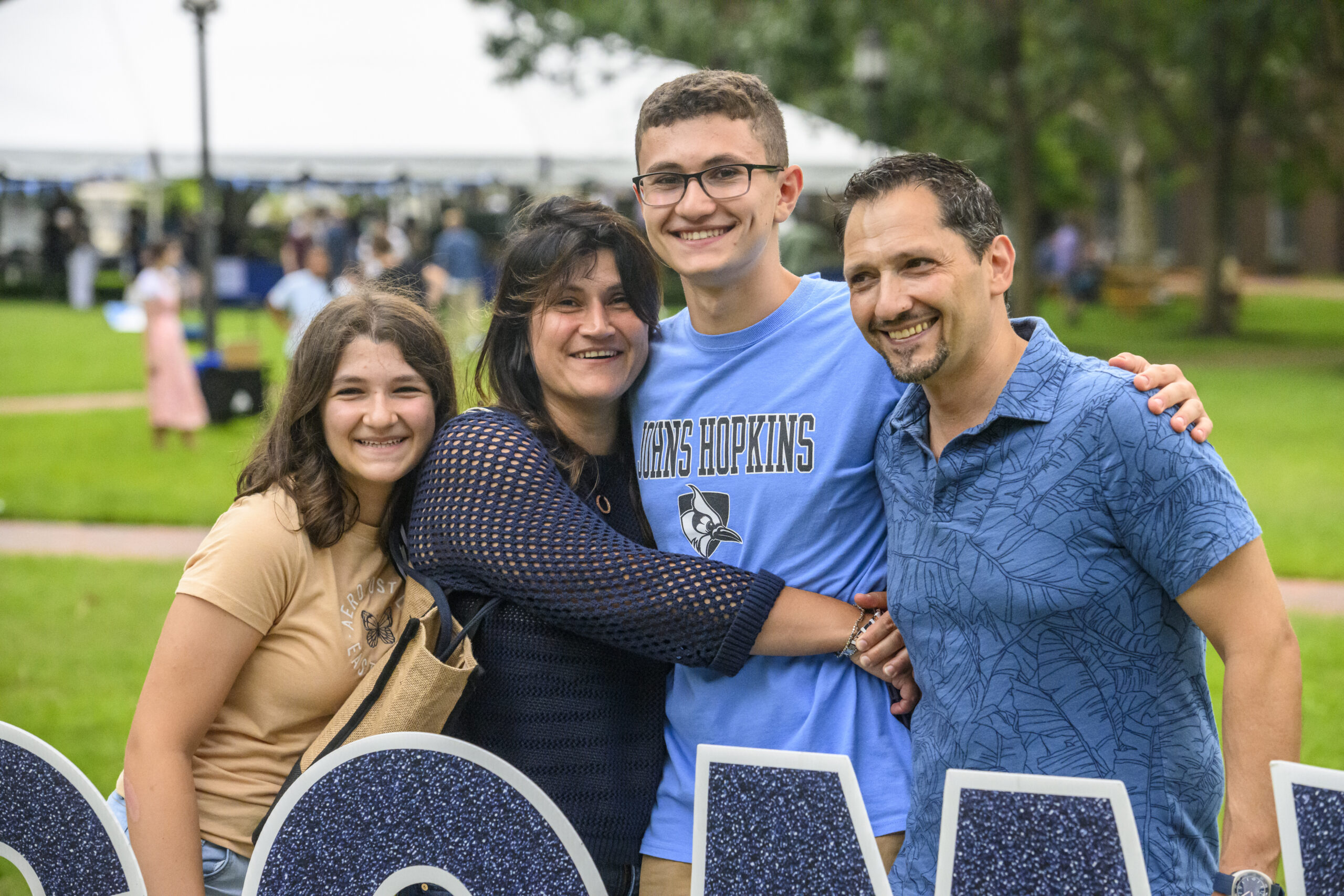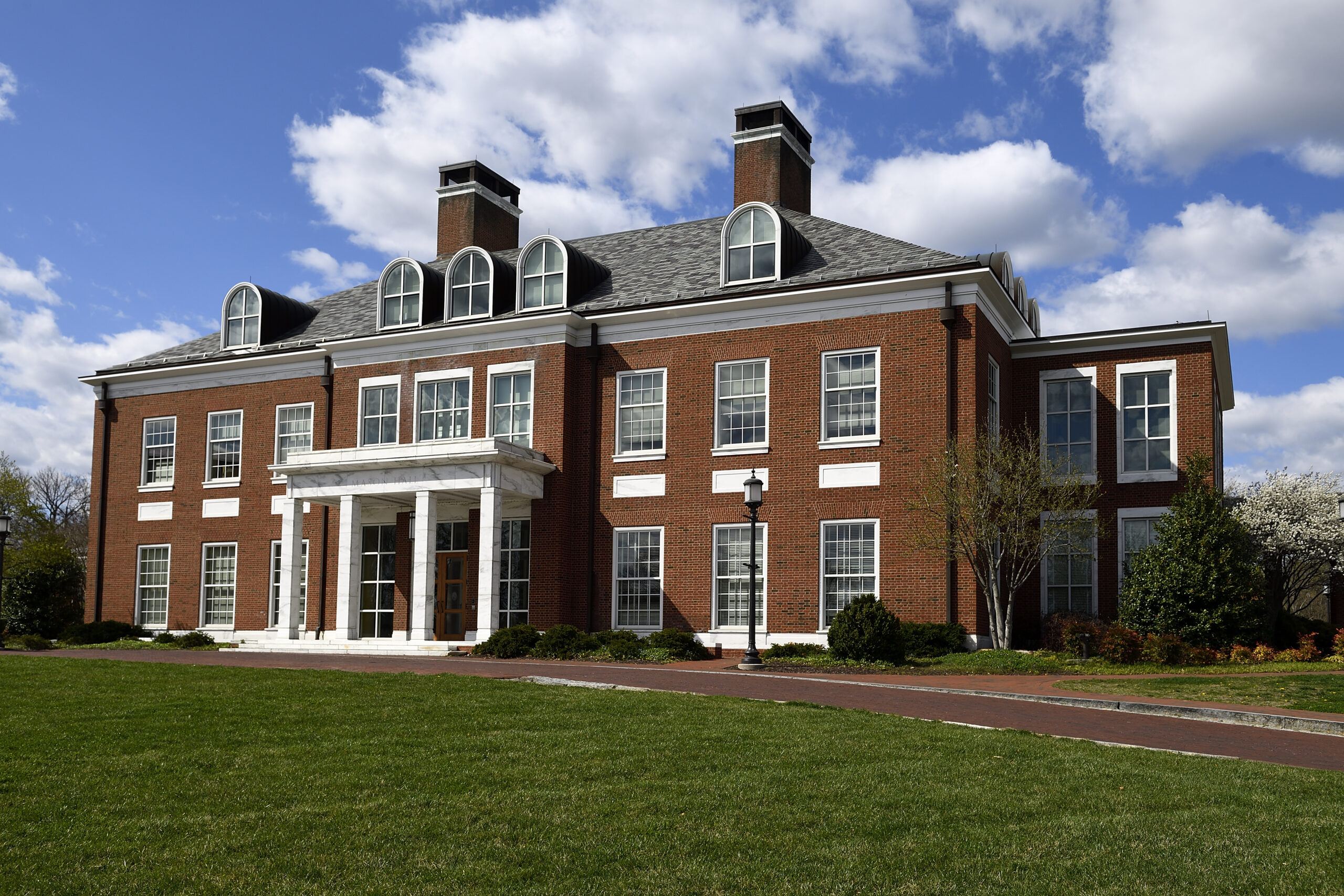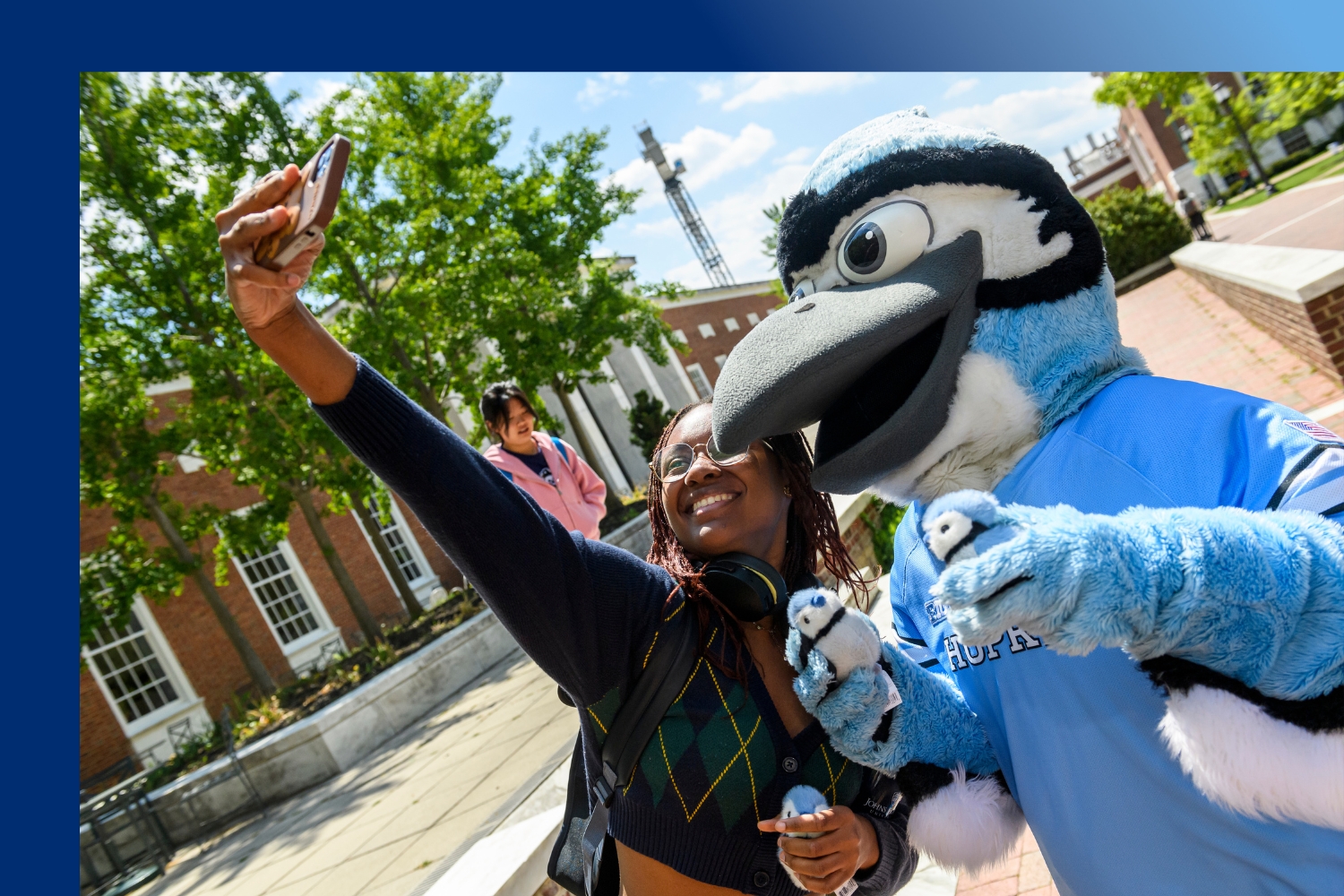
Visiting colleges that interest you is a great way to see which schools might be a good match for you. By touring the campus and interacting with current students, you’ll find out whether you can envision yourself living and learning in the community.
That said—if you’ve never been a college student before, it can be tough to know what to look for. Consider asking the following questions as you research different schools.
1. What is the learning environment like?
Instead of asking which majors are popular (since that depends on students’ personal preferences), find out what the school’s learning environment is like. Will you have opportunities to engage in classroom discussions and connect with your professors? Are students collaborative, supportive, and open to sharing ideas? Can you easily pursue hands-on learning experiences inside and outside the classroom?
2. What resources are available for student support?
A robust college experience should encourage students to grow in a range of ways, so the available support systems should reflect this. When considering a school, make sure it offers the resources you’ll need to thrive and bring your most authentic self to the community. These may include:
- Help with the transition to college. Examples at Hopkins include orientation, First-Year Mentors, and Resident Advisors.
- Academic assistance. At Hopkins, some of these resources include the PILOT and Study Consulting programs, Academic Advising, and office hours with professors.
- Support for your personal growth. These may include mental health support from Student Health and Well-Being Mental Health Services, as well as support for growing in your identity from offices like the Office of Multicultural Affairs, Gender & Sexuality Resources, or Religious & Spiritual Life.
- Guidance for your post-graduate goals. Some examples at Hopkins include the Life Design Lab and Pre-Professional Advising.
3. How did you find community on campus?
As you talk to current students, inquire about how they made friends and found their place on campus. This can tell you a lot about the student community.
The Hopkins community is diverse and student-led, so students can bond with others who have similar or completely different backgrounds. Blue Jays find community through a variety of means, including their classes, clubs, and residential communities.
4. How do students interact with the local community?
Whether the school is located in a large city or a small town, how you’re able to connect with the surrounding community can have a significant impact on your college experience. Are there popular neighborhoods where students hang out? How easy is it to get around? What’s the food scene like? Are there internships and other immersive learning opportunities available? Getting to know the local area can tell you a lot about what to expect.
5. What does the admissions committee look for?
Understanding what a school looks for in its students is one of the strongest indicators of whether you’ll be a good match for its community. Although many colleges offer similar academic programs, each institution has different values. Which factors does the committee consider as it builds each class? Are academics most important, or does the committee consider community involvement? Discovering the types of students who thrive at each school can help you determine if you can envision yourself on campus.
If you’re unable to make it to campus, there are still plenty of opportunities to get your questions answered. You’re always welcome to contact your regional admissions counselor or reach out to current Hopkins students through Blue Jay Connection.





